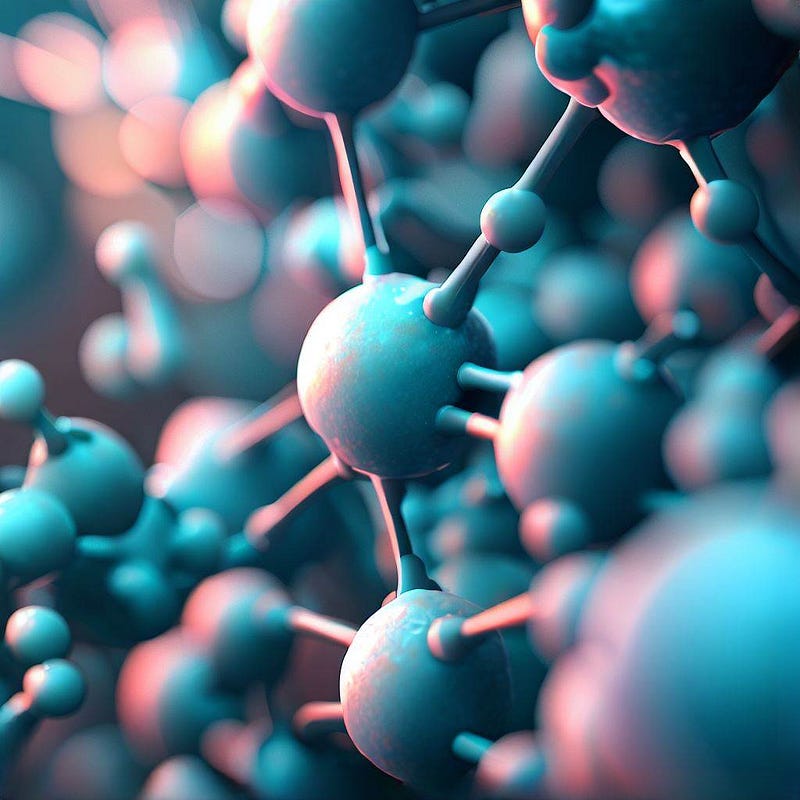Exercise Neurobiology 5: Neurochemical Effects of Exercise — Norepinephrine
Norepinephrine Overview
Norepinephrine (NE) is both a hormone and a neurotransmitter. It plays a crucial role in the body’s fight-or-flight response and has several key functions, including:
Heart Function: Norepinephrine increases heart rate and the force of heart contractions.
Blood Pressure: It constricts blood vessels, leading to an increase in blood pressure.
Metabolism: Norepinephrine helps mobilize energy by breaking down fat and glycogen.
Mental Focus and Alertness: In the brain, norepinephrine contributes to alertness, focus, and reaction time.
Exercise and Norepinephrine Synthesis and Release
Increased Synthesis and Release: Exercise, particularly aerobic and intense physical activity, stimulates the synthesis and release of norepinephrine from the locus coeruleus, a part of the brain that is a primary source of norepinephrine.
Effects on the Cardiovascular System
Heart Rate and Blood Pressure: The increased norepinephrine levels during exercise contribute to raising heart rate and blood pressure. This helps pump more oxygen and nutrients to active muscles and other tissues in need during exercise.
Effects on Mental Functions
Attention and Focus: Norepinephrine increases attentional focus, alertness, and reaction time, enhancing the ability to perform and respond to physical challenges.
Adaptive Responses
Body’s Adaptation to Exercise: The release of norepinephrine as a response to exercise can help the body adapt to physical stressors and improve fitness over time.
Regulation of Energy: By mobilizing energy stores, norepinephrine ensures that sufficient energy is available to meet the increased demands of exercise.
Therapeutic Implications
Depression Treatment: Some antidepressant medications function by influencing norepinephrine levels. Exercise, as a natural way to boost norepinephrine, may complement the treatment of depression.
Chronic Fatigue and Focus Disorders: Exercise might also have therapeutic potential for disorders associated with chronic fatigue and lack of focus due to its effects on norepinephrine.
Other Considerations
Individual Variation: The effect of exercise on norepinephrine can vary among individuals based on genetics, fitness levels, type of exercise, and other factors.





